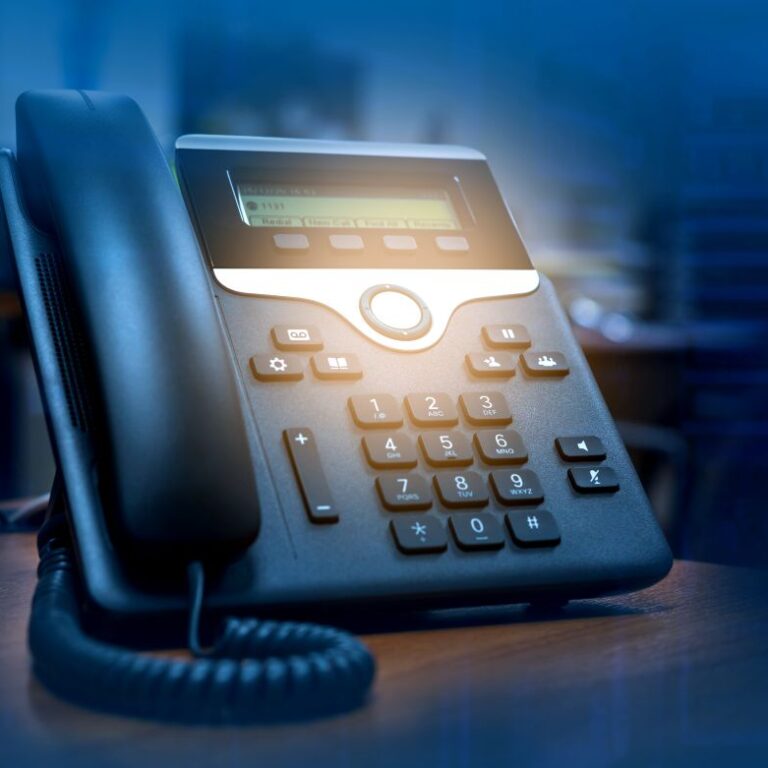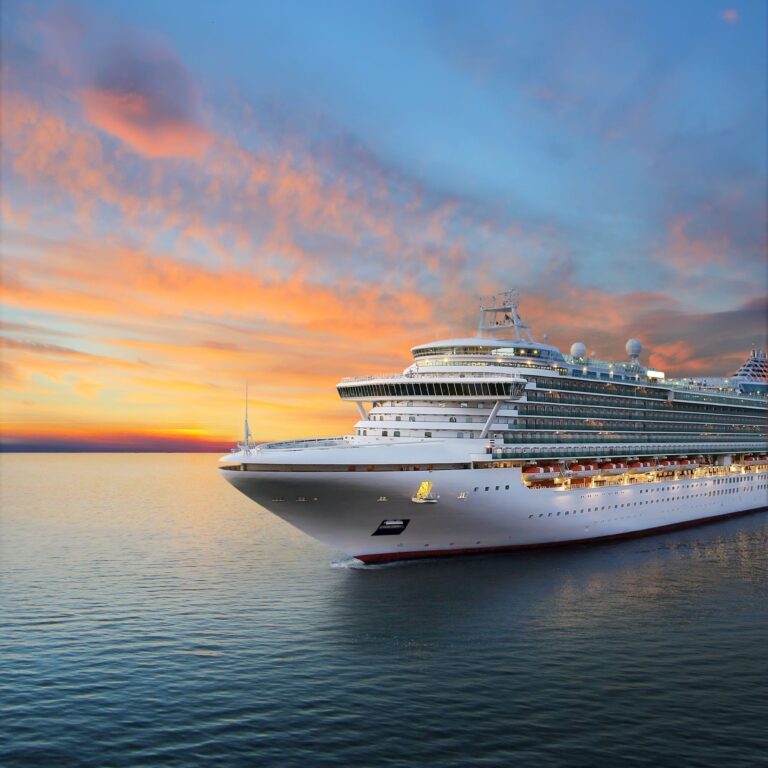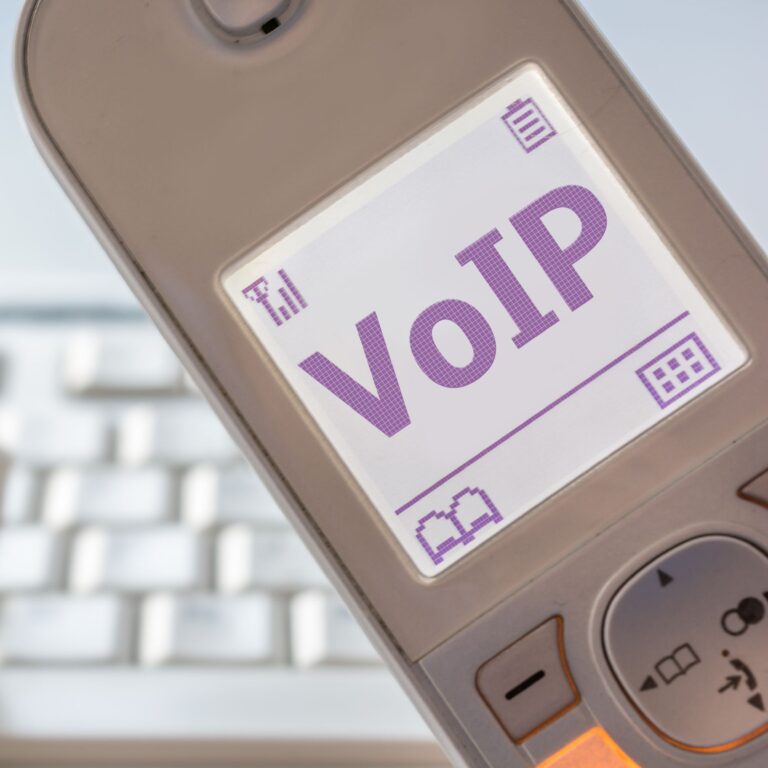The traditional PBX
The Ericsson Md110 has been around for a significant amount of time, and at one point had one of the largest market shares of the PBX sector. It’s modular design, reliability and ability to interwork with many other systems and services meant it was the perfect enterprise telephony solution. In the late 1990s Ericsson sold it’s PBX business to Canadian firm, Aastra. Aastra carried on the development of the platform under the MX-One model designation, converting it to a Linux server-based architecture with native SIP operability, giving a smooth migration path from the old digital platform. Aastra was ultimately bought by Mitel, but the platform was so strong they continued with it as a large enterprise telephony solution. To this day there are still Md110 platforms that are quietly chugging away providing telephony services to businesses around the globe.





